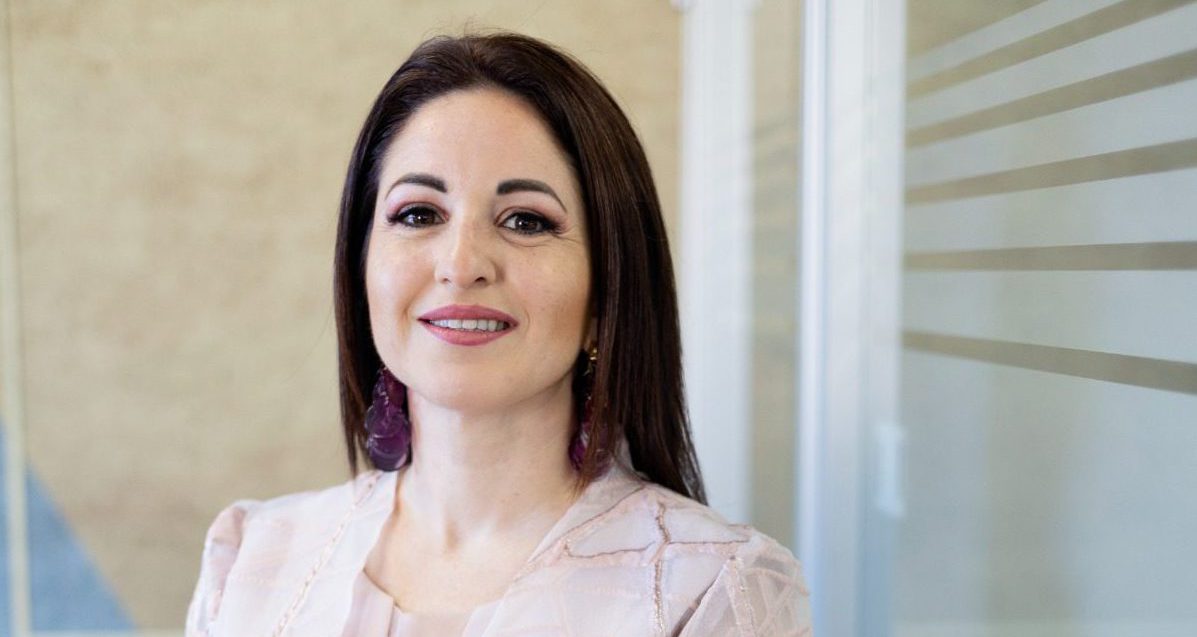The EU may be seeing a significant upgrade in its anti-money laundering (AML) and countering the financing of terrorism (CTF) infrastructure thanks to a plan put forward by the European Commission to set up a new centralised AML authority which will monitor and supervise national regulators.
Other measures included in the package include the wholesale extension of existing rules to the crypto space, the creation of an EU grey list and black list, an EU-wide limit of €10,000 on cash transactions, the connection of existing national registers of bank accounts, and an AML Regulation.
EU Regulations are laws which are effective in Member States without need for transposition into national law. Such Regulations are the most direct route for EU-wide legislation.
In a statement, the Commission said that “the aim of this package is to improve the detection of suspicious transactions and activities, and to close loopholes used by criminals to launder illicit proceeds or finance terrorist activities through the financial system.”
The new measures take into account new and emerging challenges linked to technological innovation, including virtual currencies, more integrated financial flows in the Single Market and the global nature of terrorist organisations.
“These proposals will help to create a much more consistent framework to ease compliance for operators subject to AML/CFT rules, especially for those active cross-border,” said the Commission.
The following is a summary of the proposed package as released in a press statement from the European Commission.
A new EU AML Authority (AMLA)
At the heart of the legislative package is the creation of a new EU Authority which aims to transform AML/CFT supervision in the EU and enhance cooperation among Financial Intelligence Units (FIUs).
The new EU-level Anti-Money Laundering Authority (AMLA) will be the central authority coordinating national authorities to ensure the private sector correctly and consistently applies EU rules.
AMLA will also support FIUs to improve their analytical capacity around illicit flows and make financial intelligence a key source for law enforcement agencies.
In particular, AMLA will:
• establish a single integrated system of AML/CFT supervision across the EU, based on common supervisory methods and convergence of high supervisory standards;
• directly supervise some of the riskiest financial institutions that operate in a large number of Member States or require immediate action to address imminent risks;
• monitor and coordinate national supervisors responsible for other financial entities, as well as coordinate supervisors of non-financial entities;
• support cooperation among national Financial Intelligence Units and facilitate coordination and joint analyses between them, to better detect illicit financial flows of a cross-border nature.
A Single EU Rulebook for AML/CFT
The Single EU Rulebook for AML/CFT will harmonise AML/CFT rules across the EU, including, for example, more detailed rules on Customer Due Diligence, Beneficial Ownership and the powers and task of supervisors and Financial Intelligence Units.
Existing national registers of bank accounts will be connected, providing faster access for FIUs to information on bank accounts and safe deposit boxes.
The Commission will also provide law enforcement authorities with access to this system, speeding up financial investigations and the recovery of criminal assets in cross-border cases.
Full application of the EU AML/CFT rules to the crypto sector
At present, only certain categories of crypto-asset service providers are included in the scope of EU AML/CFT rules. The proposed reform will extend these rules to the entire crypto sector, obliging all service providers to conduct due diligence on their customers.
The amendments will ensure full traceability of crypto-asset transfers, such as Bitcoin, and will allow for prevention and detection of their possible use for money laundering or terrorism financing.
In addition, anonymous crypto asset wallets will be prohibited, fully applying EU AML/CFT rules to the crypto sector.
EU-wide limit of €10,000 on large cash payments
Large cash payments are an easy way for criminals to launder money, since it is very difficult to detect transactions, said the Commission, citing this as the reason for the proposed limit.
It commented that this EU-wide limit is high enough not to put into question the euro as legal tender and recognises the vital role of cash.
The Commission noted that limits already exist in about two-thirds of Member States, but amounts vary.
National limits under €10,000 can remain in place.
In March, Malta introduced such a limit, with those contravening the €10,000 cap on cash purchases liable to pay a fine equating to 40 per cent of the sum “paid, received, or otherwise transacted in cash” exceeding €9,999.99.
The local legislation also states that beneficiaries of large scale cash transactions may be subjected to administrative charges of no less than €1,000.
EU grey list
A proposal for an EU black list and grey list will see those countries included in the corresponding Financial Action Task Force lists be also listed by the EU.
Following the listing, the EU will apply measures proportionate to the risks posed by the country.
The EU will also be able to list countries which are not listed by FATF, but which pose a threat to the EU’s financial system based on an autonomous assessment.
In June, the FATF placed Malta on its list of jurisdictions subject to increased monitoring, also know as its grey list.
It remains unclear whether the EU will be putting Member States on the FATF’s grey list on its own corresponding list.
Next steps
The legislative package will now be discussed by the European Parliament and Council.
The future AML Authority should be operational in 2024 and will start its work of direct supervision slightly later, once the Directive has been transposed and the new regulatory framework starts to apply.
Valdis Dombrovskis, Executive Vice-President for an Economy that works for people, said: “Every fresh money laundering scandal is one scandal too many – and a wake-up call that our work to close the gaps in our financial system is not yet done.
“We have made huge strides in recent years and our EU AML rules are now among the toughest in the world. But they now need to be applied consistently and closely supervised to make sure they really bite.
“This is why we are today taking these bold steps to close the door on money laundering and stop criminals from lining their pockets with ill-gotten gains.”
Mairead McGuinness, Commissioner responsible for financial services, financial stability and capital markets union said: “Money laundering poses a clear and present threat to citizens, democratic institutions, and the financial system.
“The scale of the problem cannot be underestimated and the loopholes that criminals can exploit need to be closed.
“Today’s package significantly ramps up our efforts to stop dirty money being washed through the financial system. We are increasing coordination and cooperation between authorities in member states, and creating a new EU AML authority. These measures will help us protect the integrity of the financial system and the single market.”
Uniplural Group: ‘Our brand transformation fortifies our position as a one-stop-shop within the community’
The newly rebranded Uniplural Group provides a diversity of care services strategically united to embrace emerging growth prospects
Print&Merchandise embracing sustainable merchandising solutions
Janice Calleja, manager at Print&Merchandise, highlights the company's high-quality, bespoke services, alongside its evolution towards eco-friendly solutions
‘Regulating what is happening today is only part of what we do at the Malta Communications Authority’
Inġ Antoine Sciberras explains how the regulatory authority strikes a balance between healthy competition, and facilitating new tech investment





